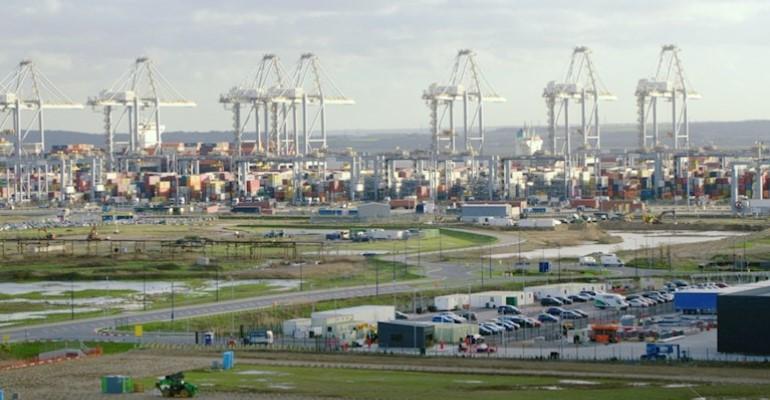Among its responses, the Department for Transport (DfT) said it plans to establish a new Maritime Council to review industry and government progress.
The government published a 20-page response to the House of Commons Transport Committee’s inquiry into progress under the 2019 “Maritime 2050” Strategy. The inquiry produced a 67-page report which laid out recommendations to improve policies for the maritime sector around trade, competitive advantage, environment, technology, infrastructure and ports, people, and cross-government working.
The government’s response addresses each of the 22 recommendations put forward by the inquiry, noting seven of the recommendations, disagreeing with one, partially agreeing with four, and agreeing with/accepting the remaining ten.
Responding to a call for both prioritisation of recommendations in Maritime 2050 and a need for better cross-government co-operation, a newly formed Maritime Council Maritime will have its first meeting in June 2023 and “provide top-level governance across the delivery of Maritime 2050.”
The council will be responsible for holding industry and government to account, and will “have a focused membership, representing a wide range of views, experience and perspectives across Government and industry, with Ministers from across Government invited as required by agenda.”
DfT said its next biennial report into progress across the seven Maritime 2050 themes is due to be published later this year. From 2024, the council will publish a joint government and industry progress report annually, a publication which will replace others including the current biennial progress report.
Responding to a call for a concrete target for the growth of the UK Ship Register, DfT said KPIs are due to be published later this year under the Maritime and Coastguard Agency’s three-year strategic growth programme.
“We will learn from the progress already made and review actions to deliver flag growth, as well as determining the best approach to target setting,” the government said.
On the environmental front, the government said it plans to publish an updated Clean Maritime Plan on decarbonisation later this year, which will include indicative targets and a road map to zero GHG emissions from the maritime industry by 2050.
“In addition to these targets, the Plan will also include details of existing and future policy interventions, to provide further clarity to the sector”, said the government.
The government agreed that The UK Shipping Office for Reducing Emissions (UK SHORE) Clean Maritime Demonstration Project was a positive first step in reaching net zero, but was unable to commit to long-term public funding for the project, which runs until 2025.
“Further investment beyond March 2025 is dependent on future budget decisions and will be taken in due course,” said the government.
Shore power was viewed by the DfT as a mature technology, and so the government does not plan to support its deployment beyond the specific stream in the UK SHORE project.
On crewing and welfare, the government said its Seafarers’ Welfare Charter will be launched on a voluntary basis initially; uptake of the charter within the industry will be actively monitored and the need for further legislation kept under review.
“Legislating for employment protections in an industry that is global in nature and governed by international law is complex. Further research is required before legislating for other areas of seafarer employment protections,” it said.
Transport Committee Chair Iain Stewart, said: “Top of our agenda with this report was urging ministers to bring some order to the muddle of recommendations in its Maritime 2050 strategy. Credit was due to the Government for producing it in the first place, and now we welcome their agreement to sift through it and regularly monitor progress.
“We also look forward to poring over DfT’s promised update to the Clean Maritime Plan at the end of the year. But as part of this we strongly believe the Government should commit to long term investment in UK SHORE beyond 2025. The ability to plan long term is especially crucial to the maritime sector, and we believe there will be disappointment at the uncertainty this will cause.
“If the Government wishes to be a leading maritime force it needs to invest in its people both in terms of skills and welfare. The Committee recommended that the Seafarers’ Welfare Charter be mandatory; it is a shame that ministers are still committed to making this voluntary,” said Stewart.
Copyright © 2024. All rights reserved. Seatrade, a trading name of Informa Markets (UK) Limited.
Add Seatrade Maritime News to your Google News feed.  |

